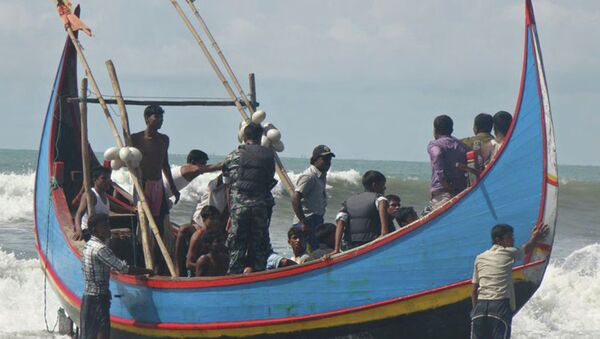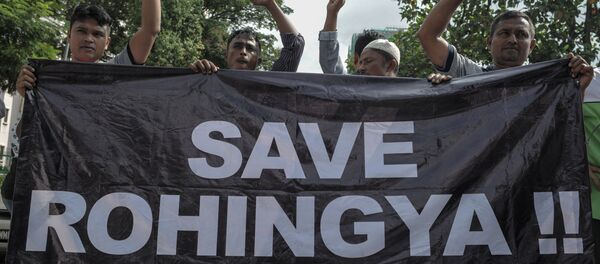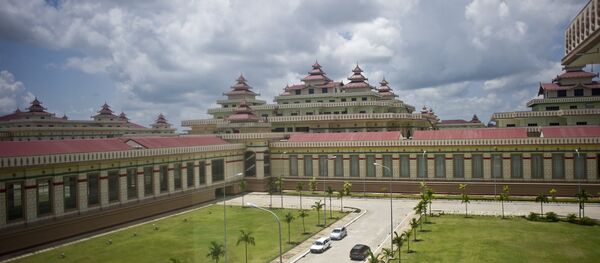"The gravity and scale of these allegations begs the robust reaction of the international community," said Zeid Ra'ad al-Hussein, the United Nations high commissioner for human rights, whose office released the 50-page report.
Al-Hussein reportedly demanded that the government of Myanmar immediately stop what he called "counterinsurgency operations." The government of the country has repeatedly denied any organized persecution of Rohingya people. Calls for an international investigation have been resisted.
During an interview, Al-Hussein said he delivered his message to Daw Aung San Suu Kyi, state counsellor of Myanmar (roughly the same as prime minister in other countries, though Suu Kyi's civilian government does not have total control over the country's military). According to Al-Hussein, she was deeply moved by the report of violence and crimes conducted by the military.
"[She] seemed to be genuinely moved by what she had read," Al-Hussein said. "There was no defensiveness. There was no denial."
Suu Kyi has been accused in the past of white-washing her country's treatment of its Muslim minority population.
According to Al-Hussein, an international investigation is also needed, as he has little faith in Myanmar's internal commission.
The United Nations believes the military started its crackdown on the Rohingya after insurgents attacked military posts on the border with Bangladesh, killing nine guards. The reports of violence include villages being destroyed with grenade launchers and even helicopters. Those who tried to flee the massacre were killed, the report says.
UN Human Rights Special Rapporteur Yanghee Lee visited Myanmar last month to explore claims of a military crackdown on the Rohingya. Lee was critical of the government's habit of denying any abuse of the Rohingya, and said she had been blocked from visiting several areas in Rakhine state where abuse was alleged to have taken place.




